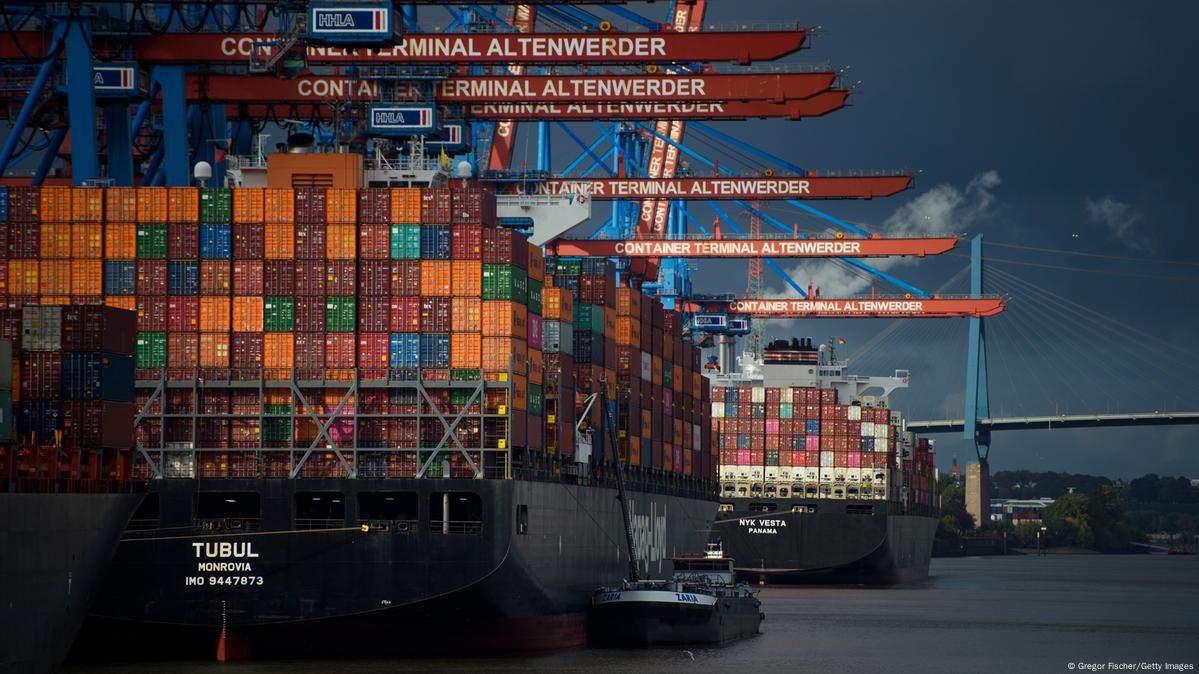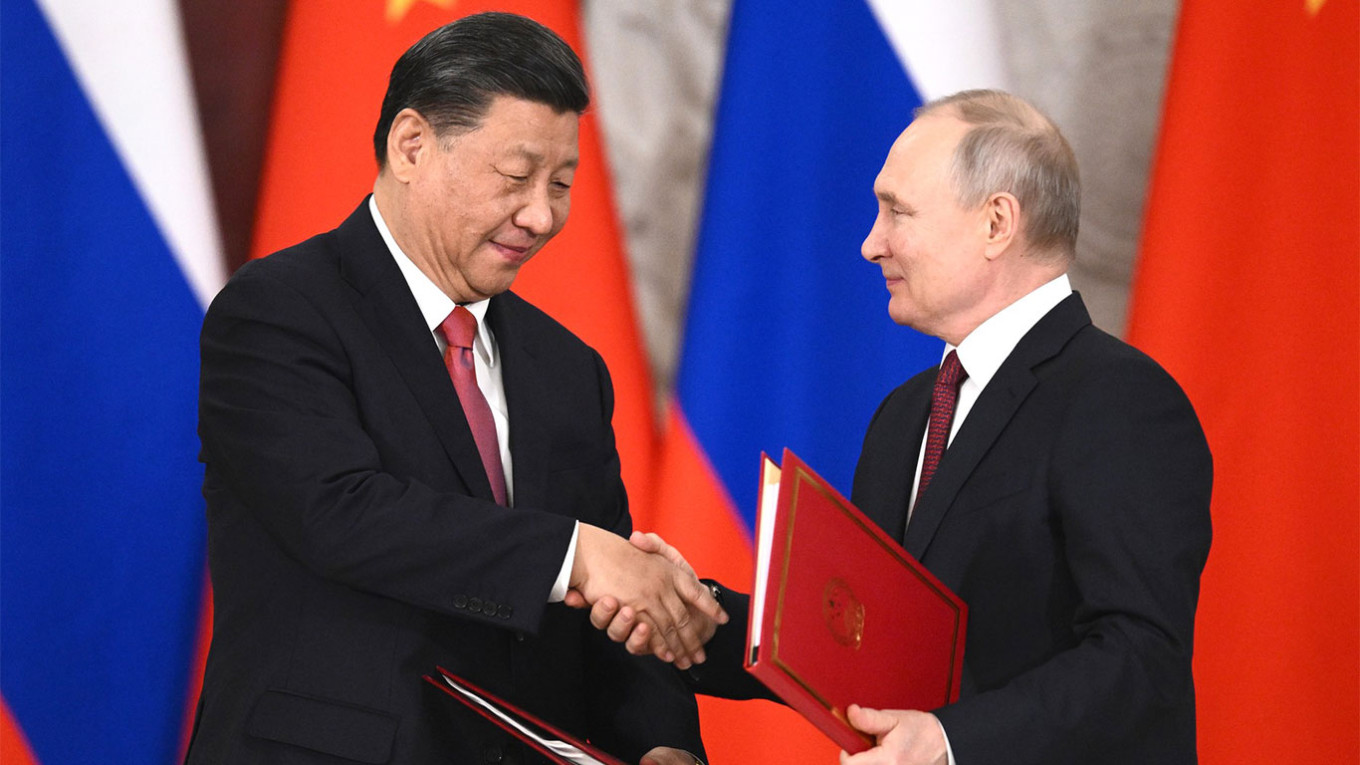Netherlands: Public Opposition To EU Countermeasures On US Tariffs

Table of Contents
Economic Impact of US Tariffs and EU Countermeasures on the Netherlands
The US tariffs and the EU's retaliatory measures have had a tangible impact on the Dutch economy. Key export sectors, particularly agriculture, have been significantly affected. The Dutch economy, heavily reliant on international trade, is feeling the pressure.
-
Impact on Agricultural Exports: The agricultural sector, a cornerstone of the Dutch economy, has suffered disproportionately. Dairy products and flowers, major Dutch exports, face increased tariffs in the US market, leading to reduced sales and revenue for Dutch farmers. This has had a knock-on effect on related industries, such as packaging and logistics. The resulting trade deficit with the US is further straining the Dutch economy.
-
EU Countermeasures and Their Ripple Effects: The EU's countermeasures, while intended to pressure the US, have also negatively impacted Dutch businesses. Increased import costs from the EU's retaliatory tariffs on US goods have raised prices for Dutch consumers, impacting household budgets. This adds pressure to an already strained consumer market.
-
Rising Consumer Prices: The combined effect of US tariffs and EU countermeasures has led to an increase in consumer prices in the Netherlands. This is particularly noticeable in products directly affected by the trade dispute, leading to decreased purchasing power for Dutch citizens and potentially slowing down economic growth.
-
Netherlands' Trade Balance: The trade war has significantly affected the Netherlands' trade balance with both the US and other EU members. The decreased export volume and increased import costs are contributing to a worsening trade deficit, adding further economic strain.
Public Sentiment and Political Response in the Netherlands
Public opinion in the Netherlands reflects growing dissatisfaction with the EU's handling of the trade dispute. This discontent is influencing the political landscape and the government's response.
-
Public Opinion Polls: Several recent polls indicate a significant portion of the Dutch public disapproves of the EU's strategy in responding to US tariffs. The perception that the EU's countermeasures are harming the Dutch economy more than they are impacting the US is fueling this opposition.
-
Political Party Positions: Major Dutch political parties have expressed varying degrees of concern about the economic consequences. While some support the EU's unified front, others are calling for more targeted and less damaging solutions, advocating for bilateral negotiations with the US to resolve the issue.
-
Government Response: The Dutch government has acknowledged the negative impact of the trade war on the Dutch economy, particularly on the agricultural sector. However, its official response has largely aligned with the EU's overall strategy, leading to criticism from sectors directly affected.
-
Media Coverage: The Dutch media has extensively covered the trade dispute, highlighting the economic consequences and public discontent. This media coverage has played a crucial role in shaping public perception and influencing political discourse.
The Role of the Agricultural Sector in Driving Opposition
The agricultural sector has been particularly vocal in its opposition to the EU's response to US tariffs. This is understandable, given the disproportionate impact on Dutch farmers.
-
Disproportionate Impact: The tariffs have hit the Dutch agricultural sector harder than many other sectors. The reliance of Dutch farmers on exports, particularly to the US market for products like dairy and flowers, makes them extremely vulnerable.
-
Farmers' Protests: There have been several instances of farmers' protests and organized demonstrations against the EU's handling of the trade dispute, expressing their dissatisfaction and advocating for more protection from the government.
-
Economic Significance of Agriculture: The agricultural sector holds significant economic and social importance to the Netherlands. Many rural communities are directly dependent on this sector, and the decline of this sector could have profound social consequences.
Alternatives and Potential Solutions
The current EU strategy has clearly not satisfied the Netherlands. Exploring alternative approaches is crucial to minimize further economic damage.
-
Alternative EU Strategies: The EU could have considered more targeted measures, focusing on specific US products, rather than a broad range of retaliatory tariffs that impact multiple EU member states negatively. More emphasis on direct negotiations with the US could also have been prioritized.
-
Bilateral Agreements: The Netherlands could benefit from exploring bilateral trade agreements with the US, independent of the EU’s overarching strategy. This could help mitigate some of the negative impacts of the tariffs on specific Dutch exports.
-
Long-Term Solutions: A more comprehensive and sustainable solution to the trade dispute requires a long-term strategy that focuses on strengthening international trade relations and finding common ground. This could involve increased diplomatic efforts, revisiting existing trade agreements, and promoting mutual economic benefits.
Conclusion
This article has explored the significant public opposition in the Netherlands to the EU's countermeasures against US tariffs, highlighting the economic consequences, the political ramifications, and the crucial role of the agricultural sector. The lack of support underscores the need for a more nuanced and effective EU strategy. Understanding the public sentiment in the Netherlands regarding EU responses to US tariffs is crucial for effective policy-making. Further research into the economic effects and public opinion will allow for more informed strategies to mitigate future trade disputes. The future of EU-US trade relations and the Dutch economy hinges on addressing the concerns regarding the impact of US tariffs and EU countermeasures.

Featured Posts
-
 Betting On Natural Disasters A Look At The Los Angeles Wildfire Situation
May 18, 2025
Betting On Natural Disasters A Look At The Los Angeles Wildfire Situation
May 18, 2025 -
 Peace Talks Failure Assessing Putins Diplomatic Strategy In Ukraine
May 18, 2025
Peace Talks Failure Assessing Putins Diplomatic Strategy In Ukraine
May 18, 2025 -
 Canada Post Door To Door Delivery Commission Recommends Phase Out
May 18, 2025
Canada Post Door To Door Delivery Commission Recommends Phase Out
May 18, 2025 -
 Open Ai Unveils New Tools For Streamlined Voice Assistant Development
May 18, 2025
Open Ai Unveils New Tools For Streamlined Voice Assistant Development
May 18, 2025 -
 End Of Ryujinx Switch Emulator Project Halted After Nintendo Contact
May 18, 2025
End Of Ryujinx Switch Emulator Project Halted After Nintendo Contact
May 18, 2025
Latest Posts
-
 Snl Controversy Ego Nwodim Sketch Sparks Audience Curses And Backlash
May 18, 2025
Snl Controversy Ego Nwodim Sketch Sparks Audience Curses And Backlash
May 18, 2025 -
 Ego Nwodims Snl Sketch Causes Audience Outrage We Finna Get Fired
May 18, 2025
Ego Nwodims Snl Sketch Causes Audience Outrage We Finna Get Fired
May 18, 2025 -
 Snl Weekend Update Analysis Of Audience Response To Ego Nwodim
May 18, 2025
Snl Weekend Update Analysis Of Audience Response To Ego Nwodim
May 18, 2025 -
 Ego Nwodims Snl Weekend Update Audience Profanity
May 18, 2025
Ego Nwodims Snl Weekend Update Audience Profanity
May 18, 2025 -
 Gold Plunges Amidst Trader Profit Booking On Us China Trade Optimism
May 18, 2025
Gold Plunges Amidst Trader Profit Booking On Us China Trade Optimism
May 18, 2025
